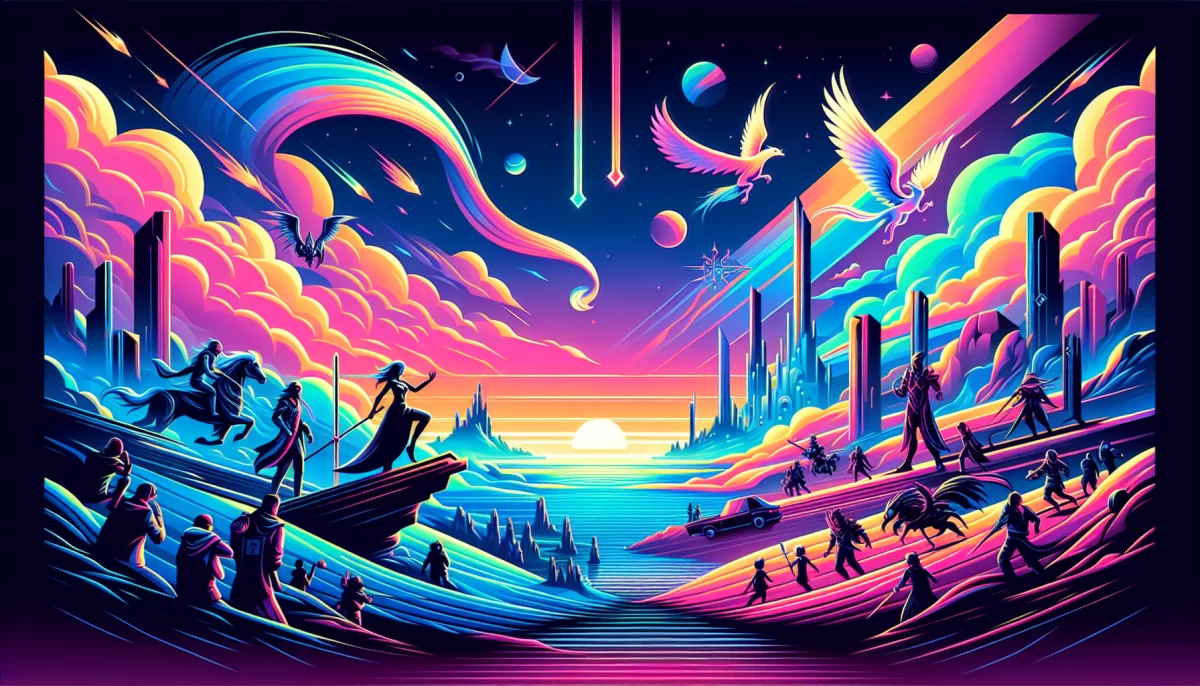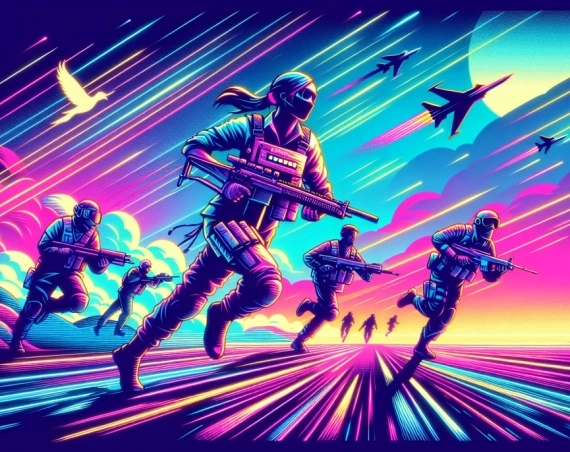
Dragon Quest Creator Debunks Fan Theory About Dragon Quest 7’s Final Boss
With the upcoming release of Dragon Quest 7 Reimagined on February 5, renowned series creator Yuji Horii has decisively addressed and debunked a long-standing fan theory regarding the true identity of the game’s final boss, Orgodemir.
The Origins of the Fan Theory
For over two decades, one of the most persistent and popular fan theories, especially in Japan, suggested that the character Kiefer, the Hero’s loyal companion, was originally intended to be revealed as the true identity of Orgodemir. This theory was fueled by pre-release promotional materials depicting Kiefer in scenes occurring after his departure from the Hero’s party, hinting at a larger role in the game’s climax.
Moreover, players speculated that Ra’s Mirror, a crucial item in the story that reverts transformed creatures back to their original form, was initially meant to unveil this disguise. Intriguingly, Ra’s Mirror plays a more significant narrative role in other mainline Dragon Quest titles, which added weight to the theory’s plausibility.
Yuji Horii’s Official Clarification
Yuji Horii, widely regarded as the ultimate authority on the Dragon Quest series, expressed unequivocal disagreement with this theory. In a recent appearance on the KosoKoso YouTube channel, Horii stated, “That’s completely wrong. I didn’t consider that even slightly.” This firm dismissal puts to rest any speculation that Kiefer and Orgodemir share the same identity.
Impact of Official Creator Statements
- Credibility: Creator insights often reshape fan interpretations by providing authoritative context.
- Storytelling Clarity: Horii’s remarks emphasize the intended narrative, safeguarding the original storytelling vision.
- Fan Culture: While fan theories add engagement, official clarifications can guide community understanding and discussions.
Context on Dragon Quest 7 and the JRPG Genre
Dragon Quest 7, originally released on the PlayStation in 2000, is celebrated for its expansive world and deep narrative. Though beloved, it has also been critiqued for a complex and sometimes bloated storyline with numerous side quests.
The upcoming Dragon Quest 7 Reimagined aims to streamline the narrative by removing subplots that minimally impact the main quest, while introducing completely new scenarios. This reflects a broader industry trend in remaking classic JRPGs to cater to modern audiences who prefer more focused storytelling without sacrificing depth (source: Gamasutra, 2025).
The Evolution of JRPG Storytelling
- Original Complexity: Early JRPGs often featured layered plots with extensive side quests to enhance immersion.
- Player Preferences Shift: Modern players sometimes favor streamlined narratives for pacing and clarity.
- Remakes and Remasters: Titles like Dragon Quest 7 Reimagined exemplify balancing respect for original content with contemporary design philosophies.
Fan Theories and Their Place in Gaming Culture
Fan theories, especially in iconic franchises like Dragon Quest, play a vital role in community engagement, often sustaining interest between releases. However, as demonstrated, they can diverge significantly from official story intentions.
Studies in media and fan culture emphasize that while fan interpretations enhance enjoyment and community cohesion, they must be contextualized against creators’ visions to fully appreciate a work’s narrative intent (see Jenkins, 2018, Fan Fiction and Narratives).
Conclusion
Yuji Horii’s firm rejection of the Kiefer-Orgodemir final boss theory clarifies the narrative of Dragon Quest 7, ensuring fans approach the game with an accurate understanding of its story. As Dragon Quest 7 Reimagined approaches, anticipation builds not only for a classic JRPG’s revival but also for experiencing a refreshed story aligned with the creator’s original vision.
Key takeaways:
- Yuji Horii debunked the fan theory that Kiefer was Orgodemir in disguise.
- The theory mainly stemmed from pre-release material and narrative inconsistencies involving Ra’s Mirror.
- Dragon Quest 7 Reimagined is set to streamline the story while adding new content.
- Official clarifications help preserve the intended storytelling and guide fan expectations.
This revelation underscores the value of creator commentary in understanding complex game narratives within the JRPG genre.


